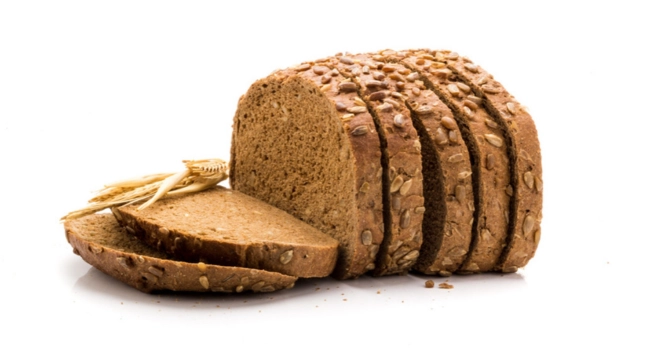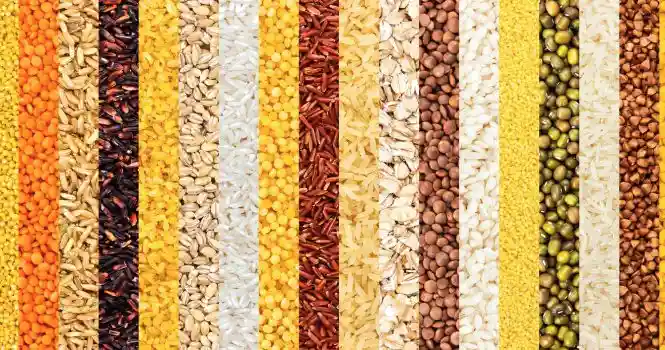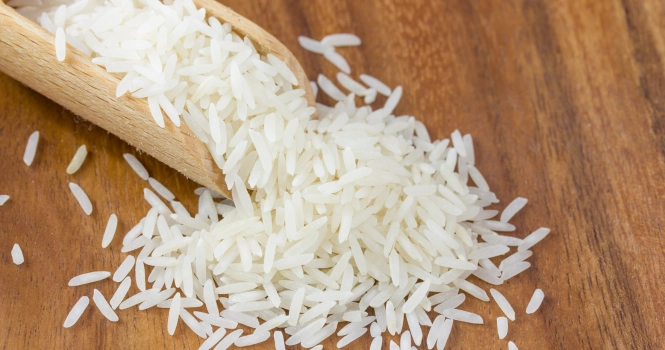What is Your Daily Calorie Requirement?
We need energy for everyday activities and to get energy, we consume food and calories are a measure of energy.
1 Cal and 1 Kcal are used interchangeably and mean the same amount of energy.
1 Cal = 1 Kcal
The energy requirement of an individual is defined as the level of energy intake from food that balances energy expenditure.
Energy Intake = Energy Expenditure
If the energy intake from food equals energy expenditure then the person would be of the same weight. We might have seen that the weight tends to remain constant for a long time and that happens, if the calories consumed equals calories spent.
Our weight tends to increase or decrease, if this daily requirement of energy exceeds, as in over eating or decreases as in Fasting.
- 1 g of Carbohydrates gives 4 kcal of Energy
- 1 g of Protein gives 4 kcal of Energy
- 1 g of Fat gives 9 kcal of Energy
- 1g of Dietary Fiber gives 2 kcal of Energy
How much is your energy requirement?
Broadly energy requirement is classified into
Basal Metabolism
Energy required for basal metabolism. This is about 1 kcal/hour for every kg of body weight for an adult
For a 60 kg man, it would be 24 kcal/ hour multiplied by 60 = 1440 kcal
This comprises a series of functions that are essential for life, such as
- Cell function and replacement;
- Synthesis, secretion and metabolism of enzymes and hormones
- To transport proteins and other substances and molecules;
- For maintenance of body temperature;
- Uninterrupted work of cardiac and respiratory muscles;
- For Brain function.
The amount of energy used for basal metabolism in a period of time is called the basal metabolic rate (BMR).
Depending on age and lifestyle, BMR represents 45 to 70 percent of daily total energy expenditure, and it is determined mainly by the individual’s age, gender, body size and body composition.
The energy requirements decrease with age because of a fall in BMR and a decrease in physical activity in most persons.
In general, there is a 2 per cent decline of resting metabolism for each decade for adults.
The FAO/WHO committee suggested that
- After the age of 40 years, requirements should be reduced by 5 per cent per each decade until the age of 60, and by 10 per cent for each decade thereafter.
Daily Activities
Energy required for daily activities such as walking, sitting, standing, dressing, climbing stairs.
We burn calories even while sitting and also by
- While reading this article
- Breathing
- Sleeping
- Walking
- Talking
- Doing nothing
Occupation Work
Energy expenditure for occupational work. This is further classified as light work (an office clerk), moderate work and heavy work (manual physical labor)
Physical activity is the most variable component while calculating energy requirement.
We have obligatory physical activities which we cannot avoid, such as going to school or college.
While discretionary physical activities are not socially essential, but important for wellbeing which includes exercising for health and important household work.
All countries have laid down their own requirement and we have American Standards , British Standards and canadian standards and we will look into what ICMR has given
Calorie requirement for Men
The reference weight for men and woman is taken as 60 kg
Sedentary Work – 2,320 kcal per day ( 39 kcal/kg/day)
Moderate Work – 2730 kcal per day ( 46 kcal/kg/day)
Heavy Work – 3490 kcal per day ( 58 kcal/kg/day)
Calorie Requirement for Women
The reference weight for men and woman is taken as 55 kg
Sedentary Work – 1900 kcal per day ( 35 kcal/kg/day)
Moderate Work – 2230 kcal per day ( 41 kcal/kg/day)
Heavy Work – 2850 kcal per day ( 52 kcal/kg/day)
Calorie requirement for Pregnant Woman
Pregnant women: + 350 calories
Lactation : + 650 calories
![]()












